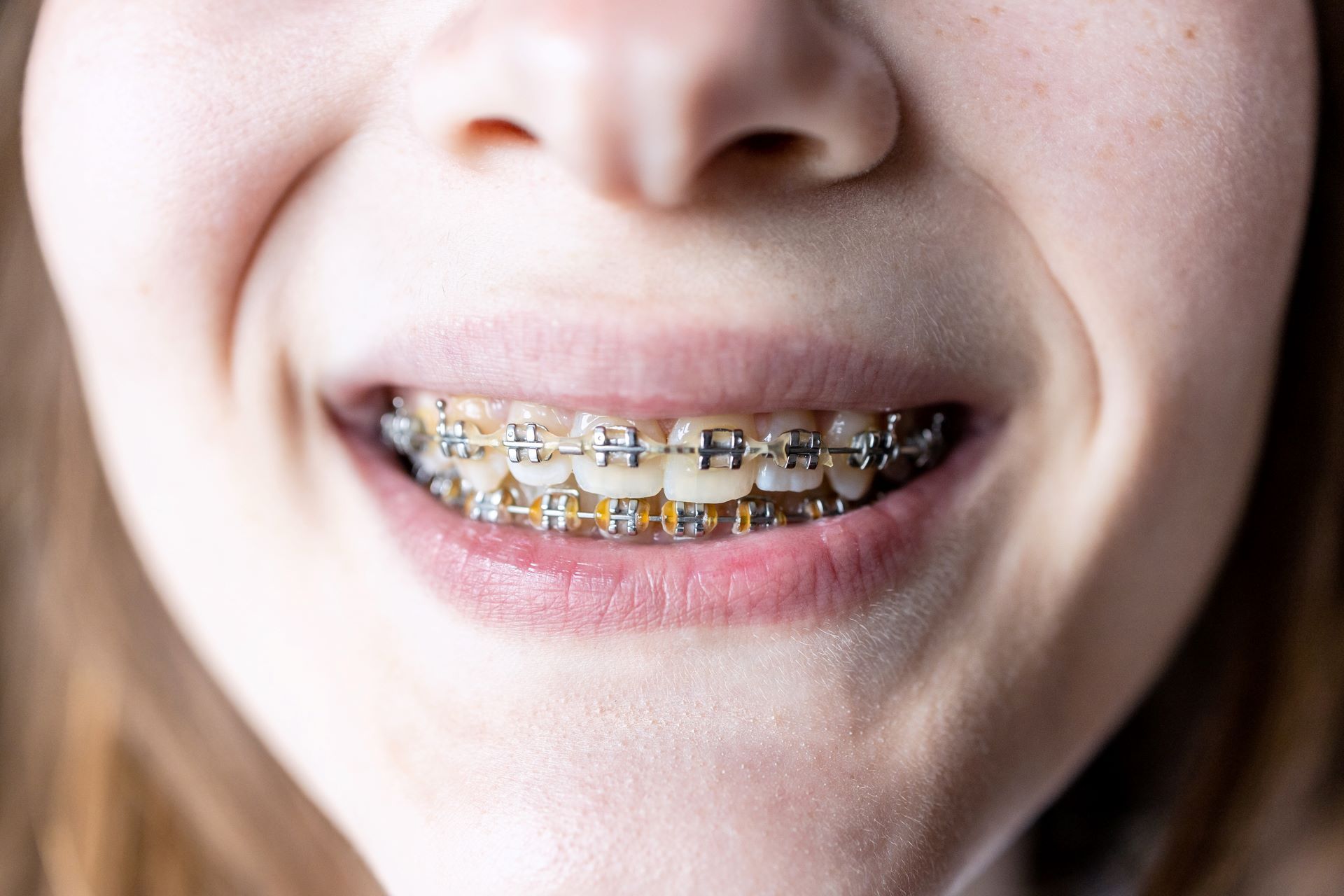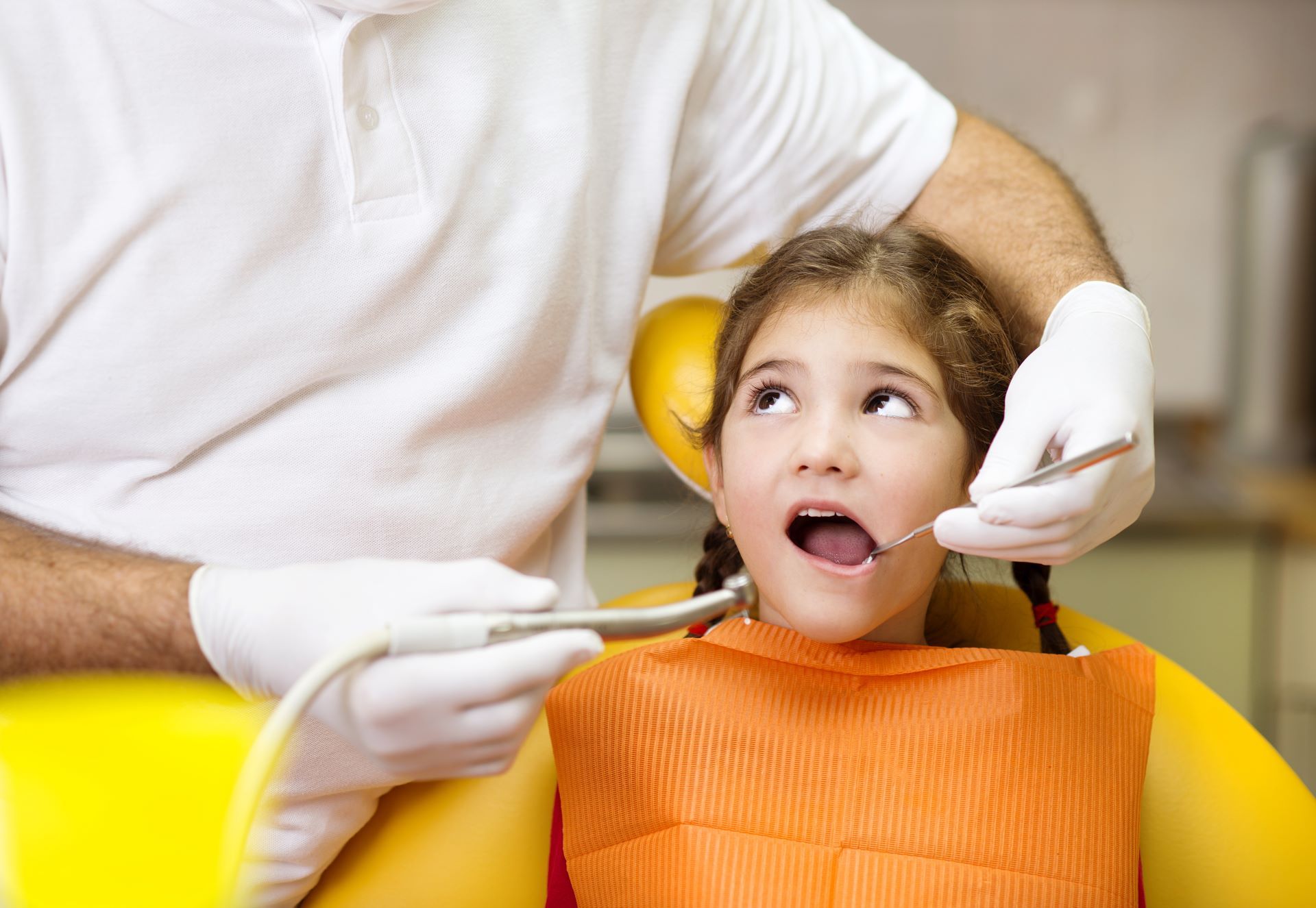Top Reasons Why Flossing is So Important to Your Child's Teeth
Flossing isn't a typical favorite component of the dental care routine for most people. Many people dislike the sensation of it between their teeth, so they do not include flossing in their regular teeth cleaning regimen. The number of Americans who floss every day only accounts for 30% of the population , while over 32% never floss. This could be worse in children who rely on adult guidance for proper teeth cleaning.
Brushing your child's teeth isn't always enough to eliminate plaque and prevent cavities. You should include this part of the teeth cleaning routine in their everyday routine as it helps them keep a healthy smile by maintaining their teeth and gums and protecting them from other diseases.

How Important is Flossing Your Kid's Teeth?
Brushing does a decent job of clearing out that irritating plaque, but it does not remove everything. Your toothbrush cannot reach the crevices where your teeth connect or deep down below your gum line. Flossing is incredibly important as it reaches those deep crevices in your gum tissues where bacteria thrive.
It scrapes all the bacteria, establishes a healthy mouth environment, and decreases gum disease risk, giving your child a bright grin. The
American Dental Association suggests
cleaning the teeth twice daily and flossing at least once daily.
The Benefits of Flossing For Your Child’s Teeth
When you ignore flossing, food particles lodge between your child's teeth, creating a breeding ground for harmful bacteria. Bacteria growth can produce sulfur compounds leaving a sour taste and a bad smell in your child's mouth.
Maintain your child's confidence by helping them floss away the trapped small particles of food that can make a significant mouth odor.
In addition to creating discomfort, germs between your kid's teeth will damage the enamel of their teeth, resulting in a cavity. By eliminating plaque, flossing inhibits the growth of harmful bacteria that can damage the tooth enamel. Furthermore, flossing regularly helps keep your child's teeth clean and bright by eliminating unattractive food particles and plaque.
You won't only keep your child's oral health, but you will also keep their entire health in perfect condition. According to studies, gum disease patients have a 20% probability of acquiring heart disease.
Do you wish to preserve your child's beautiful smile for years to come? Frequent flossing is an excellent technique to increase their teeth's overall brightness. Combining brushing with flossing results in healthy gums and a long-lasting smile for your child.
Do Your Child's Teeth Hurt After Flossing?
Sometimes you may realize that your child experiences pain and bleeding after flossing. This, however, does not mean that you avoid it. Instead, it implies you must determine the source of the pain and find possible remedies. Some common causes may include:
Irregular Flossing
This is typical when you don't include this in your child's regular dental cleaning routine.
Incorrect Flossing Method
Certain flossing procedures may cause your child's teeth to hurt after. Here is the correct method to follow for each flossing routine:
- Cut off roughly 18 to 20 inches of floss
- Wrap the floss around your middle fingers or grip it securely between your forefingers and thumbs
- Move the floss on the tooth surface in an up-down motion being careful to clean beneath the gum lines to remove plaque and debris efficiently
- Fold the floss to take a C-shape on either of the teeth for proper cleaning
- When done, dispose of the floss.
Gum Disease
If your child's teeth hurt after flossing, that could be a sign of gum disease, also called gingivitis. Other symptoms include inflammation, bleeding gums, and bad breath. Gingivitis may be reversed with excellent dental hygiene in its early stages. But for proper healing, see a qualified pediatric dentist.
How to Get Your Kids to Floss
- Allow your children to select their first floss, whether a regular floss or a themed pre-threaded flosser.
- Use gentle floss that will not irritate their gums. Flavored floss is frequently a favorite with children.
- Give non-food gifts for every successful week of flossing.
- Make it a family fun game and celebrate with nutritious meals.
- Remind your children how important it is to their oral health.
Sweet Tooth Pediatric Dentistry
Pediatric Dentistry
Schedule Appointment
Book your appointment at one of our Sweet Tooth locations today.
First Time Visit?
There is no need to fear, Sweet Tooth is here! Let us help you ease the worry that can come with visiting the dentist for the first time.
Accepting New Patients





